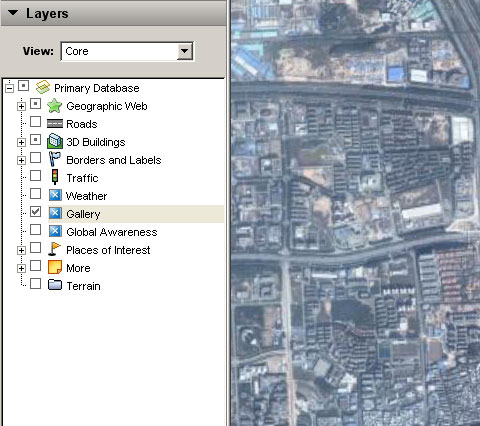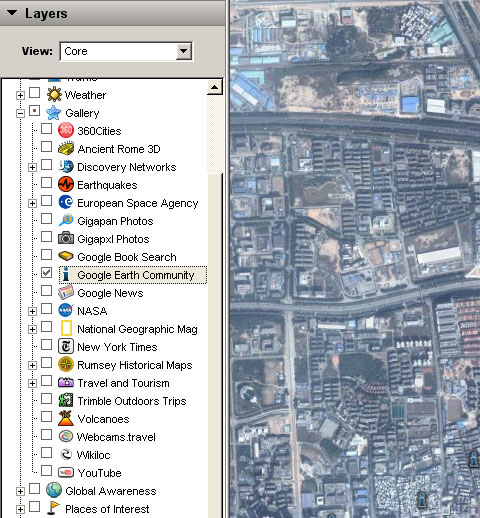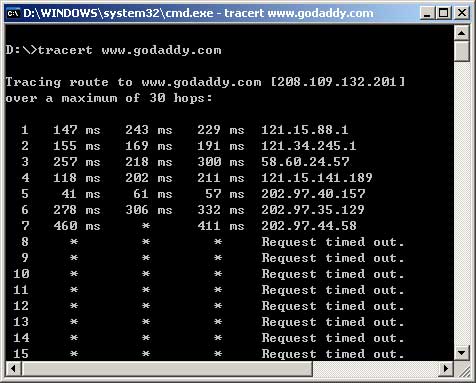While each Post Revisions is stored in its own database table, the auto-save is only stored once with previous versions being overwritten by the new auto-saved content. So, if you’re worried about your database growing to massive proportions because of auto-save, you can stop worrying.
These are methods that disable or delay the WordPress autosave functions. The Most easy way is using plugin. The disabling plugin works with versions 2.3 through 2.7 while the delay configuration works with 2.5 and later.
Copy this text to a text file, name it whatever you want (using the .php extension, of course) and upload it to your WordPress plugin directory. Activate it and it works immediately, but you need to clear your browser cache:
<?php
/*
Plugin Name: Disable autosave
*/
add_action('admin_print_scripts', 'plugin_deregister_autosave');
function plugin_deregister_autosave() {
wp_deregister_script('autosave');
}
define('WP_POST_REVISIONS',false);
?>




